#my pride and prejudice
Explore tagged Tumblr posts
Text
LOSING MY MIND RN
#vivitalksot#please look at their hands#PLEASE#my pride and prejudice#no but today has been a wild day to be a polvoron#today were the golden polvorones awards and while we were preparing#the ship sunk cause omar posted a tiktok in which you can see alvaro has a chupeton#(idk the english word sorry)#so everyone was like rip polvoron it is fitting that tonight are the awards etc#(and the awards started with a silent minute for the dead ship. it was supposed to happen also at the end BUT THIS VIDEO HAPPENED)#anyways we also had this fun interview with paul where they talked about random stuff (club 113 it's very fun actually)#right before the award álvaro posted the long-awaited puleva pic using the same song paul had used in a story earlier that day#and if that didn't confirm they were together salma posted that 'a lot was happening in the sobao flat' and proceeded to post a pic#of the sobaos + paul alex and ruslana#(there's a theory that the picture was taken by violeta. cause we#'ve made up another trio which are the lollipops (#piruleta) aka paul ruslana and violeta which would be the partners of most of the sobaos#paul & alvaro ruslana & omar violeta & salma and they would therefore visit the flat together#AND THEN THIS VIDEO#THEY HAD TO STOP THE AWARD TO PROPERLY REACT TO IT#THE HANDS
2 notes
·
View notes
Text

we go just right.
#when the date went so wonderful that you don't even mind that you forgot your umbrella at home#crowley is doing his best and aziraphale appreciates it very much#aziraphale's very special version of pride and prejudice can't get wet#so you gotta use the four year old newspaper you found in your bentley#I am not mentally ready for season 2#it will change me in a way that I cannot even explain#thank you neil gaiman love of my life fr#good omens#good omens 2#good omens fanart#good omens 2 fanart#aziracrow fanart#aziracrow#ineffable husbands#aziraphale#crowley#david tenannt#micheal sheen#neil gaiman#digital art
72K notes
·
View notes
Text
Mr. Bennet: Sure, I haven't taken care of my daughters' financial security, but have I at least taken care of their education? No. But have I taken care of their emotional needs? Also no. But have I been a good protector and supervisor? I'm afraid not. However, have I been a good example for my children of being a kind and respectful spouse, parent, and all around human being? No again. But through it all, have I nailed being funny? Yes. And isn't that the most important role of a father after all?
#pride and prejudice crack#pride and prejudice#jane austen crack#jane austen#mr bennet#my stuff#1k#2k#3k#4k
5K notes
·
View notes
Text
After a mission…
Dick: I can’t wait to go home, have a bowl of cereal, and go to sleep.
Duke: Lucky, I have patrol in like, two hours. No sleep for me. What’re you going to do when you get home, Jason?
Dick: Wait! Let me guess. Crack open a beer, order in Chinese food, and fall asleep on the couch watching a gritty action movie.
Jason, fully planning on having a lavender scented bubble bath while drinking vanilla earl grey tea and watching Pride and Prejudice: … Something like that.
#Dick unexpectedly comes over and Jason has to rush to hide the evidence#Dick: Jason. Why is there a pitcher of tea a Pride and Prejudice DVD and a gallon of bubble bath hidden inside your oven#Jason: … it’s a sacrifice to my edgelord gods?#batfamily#batman#jason todd#red hood#batfam#bruce wayne#tim drake#cassandra cain#dick grayson#stephanie brown#nightwing#duke thomas#signal dc#batfam memes#incorrect batfamily quotes#red robin#robin dc#dc comics#damian wayne
12K notes
·
View notes
Text
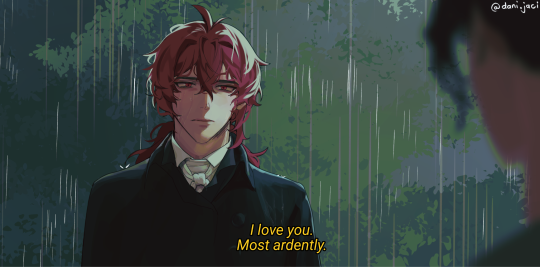
uhh,,, umm, ah, uhhh, huhhhh huhuhuhhh
I'm.. dying.....
I can't go on,,,, any ,, longer....
Mr Darcy as *cough* Diluc pls save,,, mwee
#art#fanart#my art#genshin impact#原神#(y/n)#character x y/n#genshin x reader#diluc genshin impact#genshin diluc#pride and prejudice#diluc ragnvindr#diluc x reader
11K notes
·
View notes
Text



To be fond of dancing was a certain step towards falling in love.
#something something dancing encourage affection#quote from pride and prejudice which I watched for the first time recently with my friend#Edwin dance style choice is ballroom while Charles dance style choice is swing#they’re both lead and follow btw depends on who knows it better#alexxuun#dead boy detectives#dbda#dead boy detectives agency#dead boy detectives fanart#dbda fanart#payneland#paynland#edwin payne#charles rowland
5K notes
·
View notes
Text

watched pride & prejudice a few weeks ago its so haikaveh coded
#genshin impact#genshin#genshin fanart#haikaveh#kavetham#alhaitham#kaveh#pride & prejudice#mr darcy#elizabeth bennet#art#artist#my art#artwork#artists on tumblr#drawing#fan art#hoyoverse
6K notes
·
View notes
Text

“Zuko?” He put a finger under the seneschal’s nose, rested the back of his hand against Zuko’s cheek. A puff of air, a touch of warmth. Sokka could have sobbed out of relief, and when he registered the emotion it frightened him.
The Mercy of Magpies Ch 6 out now!!
this is your sign to go read about hot middle aged men on the brink of death <333 brought to you by the incomparable @ranilla-bean and betaed by @faux-fires
Chapter Post || Cover || Map and Characters || Ch 2 || Ch 3.1 || Ch 3.2 || Ch.4 || Ch 5.1 || Ch 5.2
#id in alt text#GOOD NEWS HE SURVIVED THE BLOWING UP#but ☝️ he can still get sepsis#one kudo=one medicine#one rb=one he wont get sepsis#one comment on the fic=one sokka gay kisses him until he's healed#ok ik i can say this for every chapter but THIISS is one of my fav chapters IT REALLY IISSS#big FAN for the 'spoonfeeding u while calling u a dumbass' trope#also Pride and Prejudice Hand Flex Moment#.... you've been warned#sick and Twisted tbh. nauseous#spacedilves#zukka#sokka#zuko#my art#fic rec
2K notes
·
View notes
Text
Today my therapist introduced me to a concept surrounding disability that she called "hLep".
[plain-text version of this post can be found under the cut]
Which is when you - in this case, you are a disabled person - ask someone for help ("I can't drink almond milk so can you get me some whole milk?", or "Please call Donna and ask her to pick up the car for me."), and they say yes, and then they do something that is not what you asked for but is what they think you should have asked for ("I know you said you wanted whole, but I got you skim milk because it's better for you!", "I didn't want to ruin Donna's day by asking her that, so I spent your money on an expensive towing service!") And then if you get annoyed at them for ignoring what you actually asked for - and often it has already happened repeatedly - they get angry because they "were just helping you! You should be grateful!!"
And my therapist pointed out that this is not "help", it's "hLep".
Sure, it looks like help; it kind of sounds like help too; and if it was adjusted just a little bit, it could be help. But it's not help. It's hLep.
At its best, it is patronizing and makes a person feel unvalued and un-listened-to. Always, it reinforces the false idea that disabled people can't be trusted with our own care. And at its worst, it results in disabled people losing our freedom and control over our lives, and also being unable to actually access what we need to survive.
So please, when a disabled person asks you for help on something, don't be a hLeper, be a helper! In other words: they know better than you what they need, and the best way you can honor the trust they've put in you is to believe that!
Also, I want to be very clear that the "getting angry at a disabled person's attempts to point out harmful behavior" part of this makes the whole thing WAY worse. Like it'd be one thing if my roommate bought me some passive-aggressive skim milk, but then they heard what I had to say, and they apologized and did better in the future - our relationship could bounce back from that. But it is very much another thing to have a crying shouting match with someone who is furious at you for saying something they did was ableist. Like, Christ, Jessica, remind me to never ask for your support ever again! You make me feel like if I asked you to call 911, you'd order a pizza because you know I'll feel better once I eat something!!
Edit: crediting my therapist by name with her permission - this term was coined by Nahime Aguirre Mtanous!
Edit again: I made an optional follow-up to this post after seeing the responses. Might help somebody. CW for me frankly talking about how dangerous hLep really is.
Plain-text version:
Today my therapist introduced me to a concept surrounding disability that she called "hLep".
Which is when you - in this case, you are a disabled person - ask someone for help ("I can't drink almond milk so can you get me some whole milk?", or "Please call Donna and ask her to pick up the car for me."), and they say yes, and then they do something that is not what you asked for but is what they think you should have asked for ("I know you said you wanted whole, but I got you skim milk because it's better for you!", "I didn't want to ruin Donna's day by asking her that, so I spent your money on an expensive towing service!") And then if you get annoyed at them for ignoring what you actually asked for - and often it has already happened repeatedly - they get angry because they "were just helping you! You should be grateful!!"
And my therapist pointed out that this is not "help", it's "hLep".
Sure, it looks like help; it kind of sounds like help too; and if it was adjusted just a little bit, it could be help. But it's not help. It's hLep.
At its best, it is patronizing and makes a person feel unvalued and un-listened-to. Always, it reinforces the false idea that disabled people can't be trusted with our own care. And at its worst, it results in disabled people losing our freedom and control over our lives, and also being unable to actually access what we need to survive.
So please, when a disabled person asks you for help on something, don't be a hLeper, be a helper! In other words: they know better than you what they need, and the best way you can honor the trust they've put in you is to believe that!
P.S. Also, I want to be very clear that the "getting angry at a disabled person's attempts to point out harmful behavior" part of this makes the whole thing WAY worse. Like it'd be one thing if my roommate bought me some passive-aggressive skim milk, but then they heard what I had to say, and they apologized and did better in the future - our relationship could bounce back from that. But it is very much another thing to have a crying shouting match with someone who is furious at you for saying something they did was ableist. Like, Christ, Jessica, remind me to never ask for your support ever again! You make me feel like if I asked you to call 911, you'd order a pizza because you know I'll feel better once I eat something!!
Edit: crediting my therapist by name with her permission - this term was coined by Nahime Aguirre Mtanous!
Edit again: I made an optional follow-up to this post after seeing the responses. Might help somebody. CW for me frankly talking about how dangerous hLep really is.
#hlep#original#mental health#my sympathies and empathies to anyone who has to rely on this kind of hlep to get what they need.#the people in my life who most need to see this post are my family but even if they did I sincerely doubt they would internalize it#i've tried to break thru to them so many times it makes my head hurt. so i am focusing on boundaries and on finding other forms of support#and this thing i learned today helps me validate those boundaries. the example with the milk was from my therapist.#the example with the towing company was a real thing that happened with my parents a few months ago while I was age 28. 28!#a full adult age! it is so infantilizing as a disabled adult to seek assistance and support from ableist parents.#they were real mad i was mad tho. and the spoons i spent trying to explain it were only the latest in a long line of#huge family-related spoon expenditures. distance and the ability to enforce boundaries helps. haven't talked to sisters for literally the#longest period of my whole life. people really believe that if they love you and try to help you they can do no wrong.#and those people are NOT great allies to the chronically sick folks in their lives.#you can adore someone and still fuck up and hurt them so bad. will your pride refuse to accept what you've done and lash out instead?#or will you have courage and be kind? will you learn and grow? all of us have prejudices and practices we are not yet aware of.#no one is pure. but will you be kind? will you be a good friend? will you grow? i hope i grow. i hope i always make the choice to grow.#i hope with every year i age i get better and better at making people feel the opposite of how my family's ableism has made me feel#i will see them seen and hear them heard and smile at their smiles. make them feel smart and held and strong.#just like i do now but even better! i am always learning better ways to be kind so i don't see why i would stop
17K notes
·
View notes
Text


Back at it with my enchanted merthur shenanigans
#when Merlin goes to work#(I am undecided on what he does but I think he does have a job (probably a librarian I’d that’s not TOO cliche…))#he sets Arthur up with a bunch of history books and documentaries to try get him up to date (as much as he can)#and in the evenings they watch all Merlin’s favourite tv shows and movies#I can’t pick what kinds of movies Merlin and Arthur like#I get the feeling they both like pride and prejudice but I’m also biased#I think Arthur would like murder mysteries#ALSO If anyone’s got any fics where Merlin introduces Arthur to modern society please please PLEASE GIVE THEM TO ME#my art#bbc merlin#merlin#merlin emrys#arthur pendragon#merthur
5K notes
·
View notes
Text



Let's make an oath to live together
#dragon age#datv#dragon age the veilguard#dragon age veilguard#dragon age fanart#lucanis dellamorte#emmrich volkarin#emmrich x lucanis#lucanis x emmrich#mournblade#scene redraw#pride & prejudice#Quote lyrics from Chikai(Oath) by Utada Hikaru#old men yaoi#alright they kissed!#yippee#now i can focus on my commission work#as always if their romance didnt happen in game#just make lots of fanart & fanfic 😤👏#🪻Flower on Lucanis’s hair is Cosmos#If John wick got Cosmos from Koji then Lucanis get one also#oh yes of coz Emmrich kiss all of Lucanis’s beauty marks on his face then he went for the 💋#emmcanis#lucarich
1K notes
·
View notes
Text
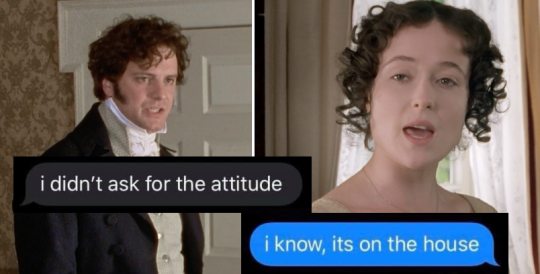
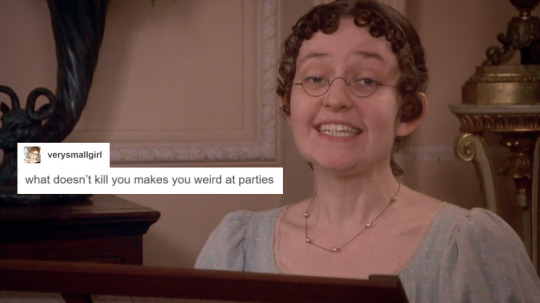
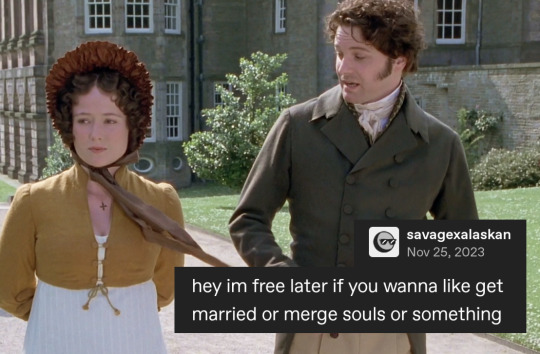

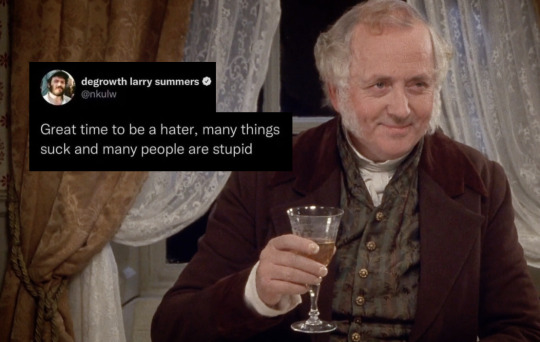
Pride and Prejudice 1995 text posts, part 6 of ? - prev set
More: Persuasion 1995 text posts | Sense and Sensibility 1995 text posts | Northanger Abbey 2007 text posts | Emma. 2020 text posts
#pride and prejudice memes#pride and prejudice#jane austen memes#jane austen#english lit memes#text posts#pnp text posts#pride and prejudice 1995#mr darcy#elizabeth bennet#mary bennet#mr bennet#mr wickham#georgiana darcy#my stuff#1k#2k#3k
3K notes
·
View notes
Text
ayo edebiri: the movie reviewer we deserve


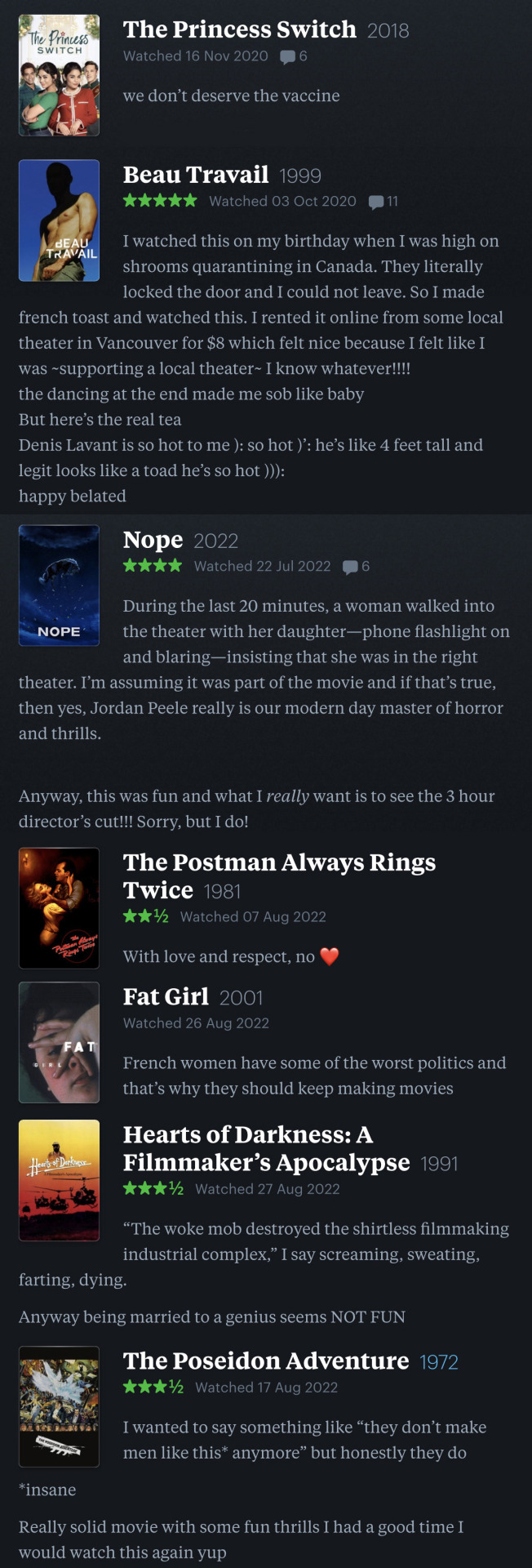
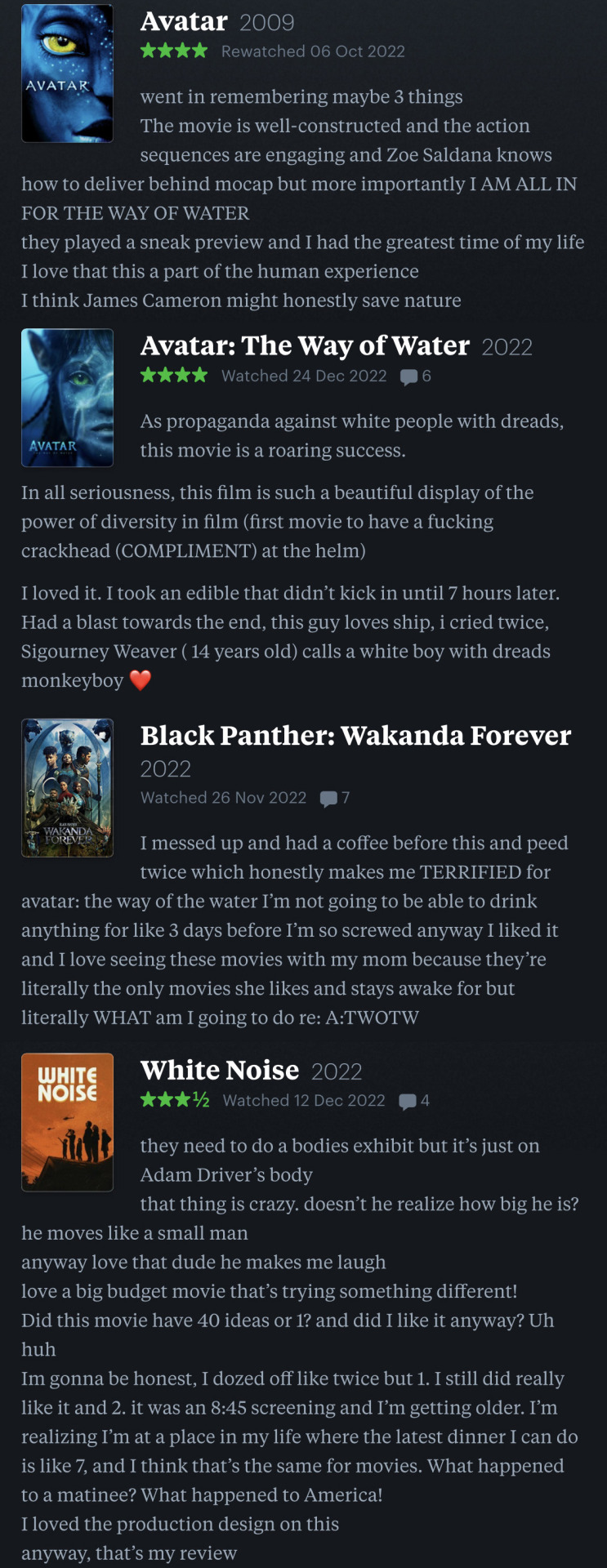
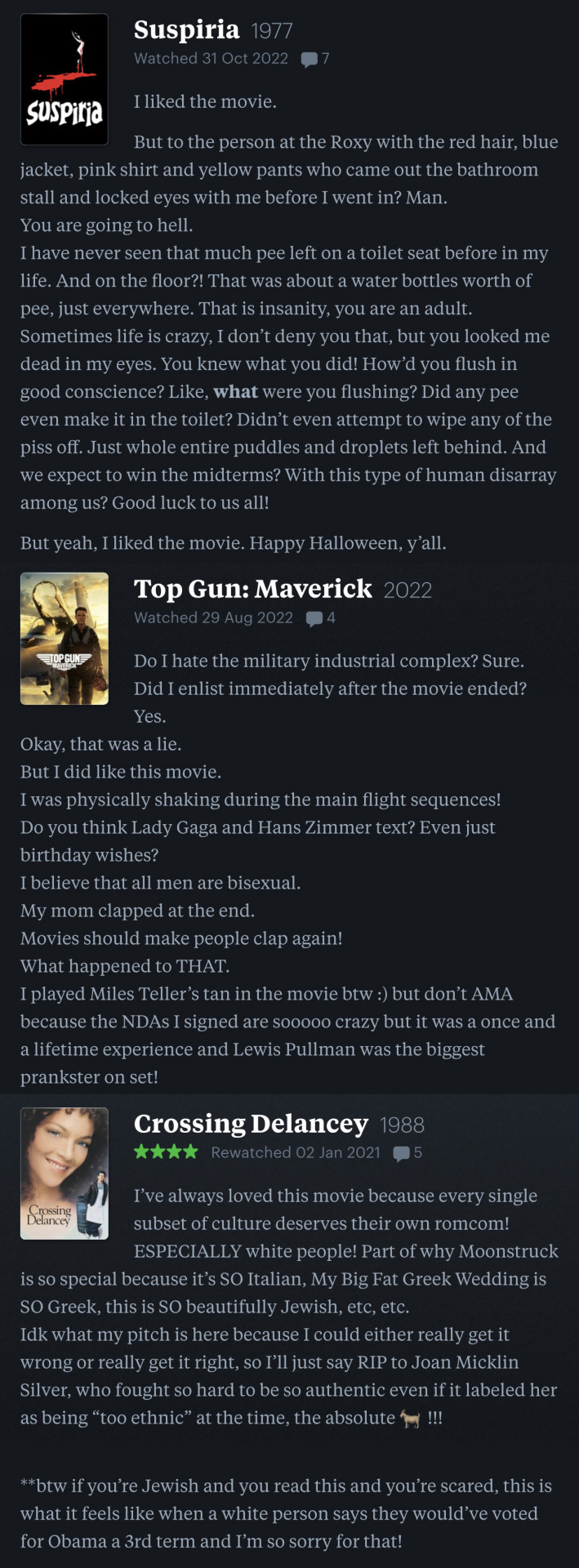
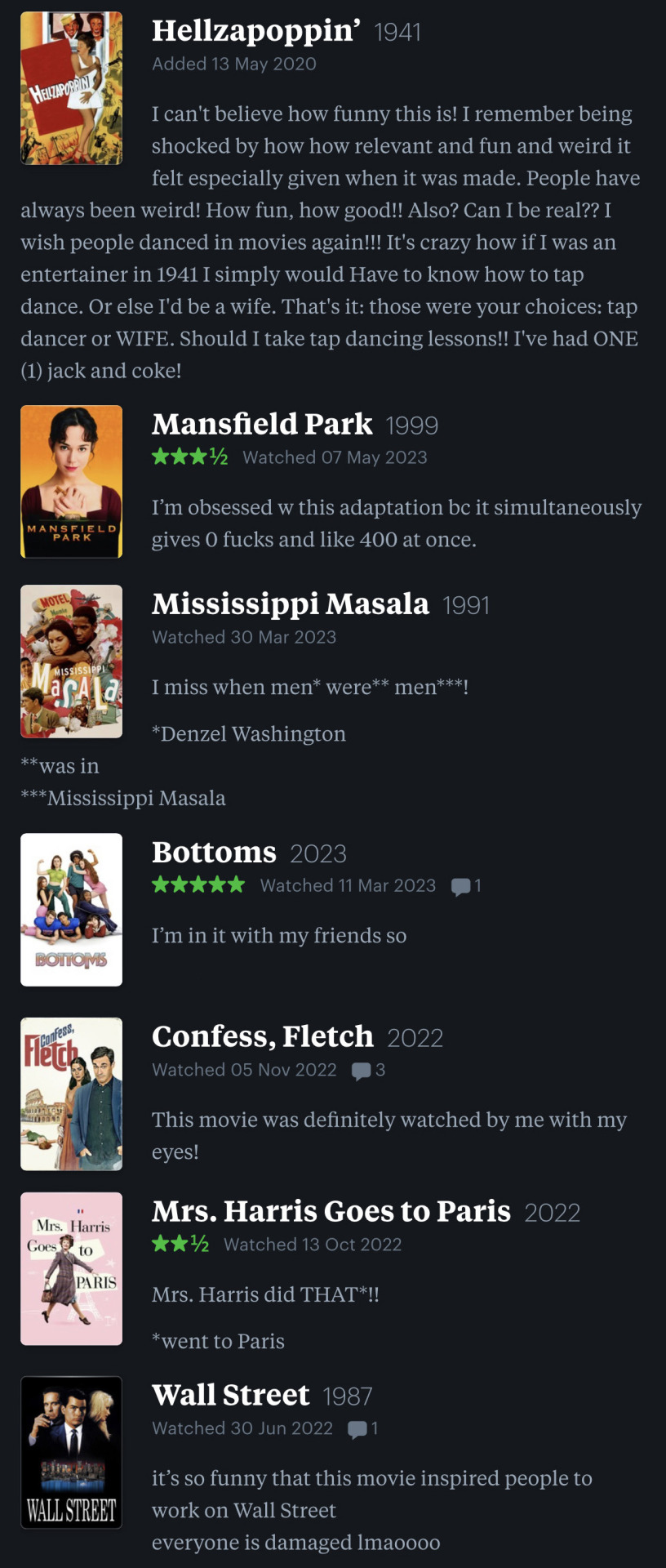
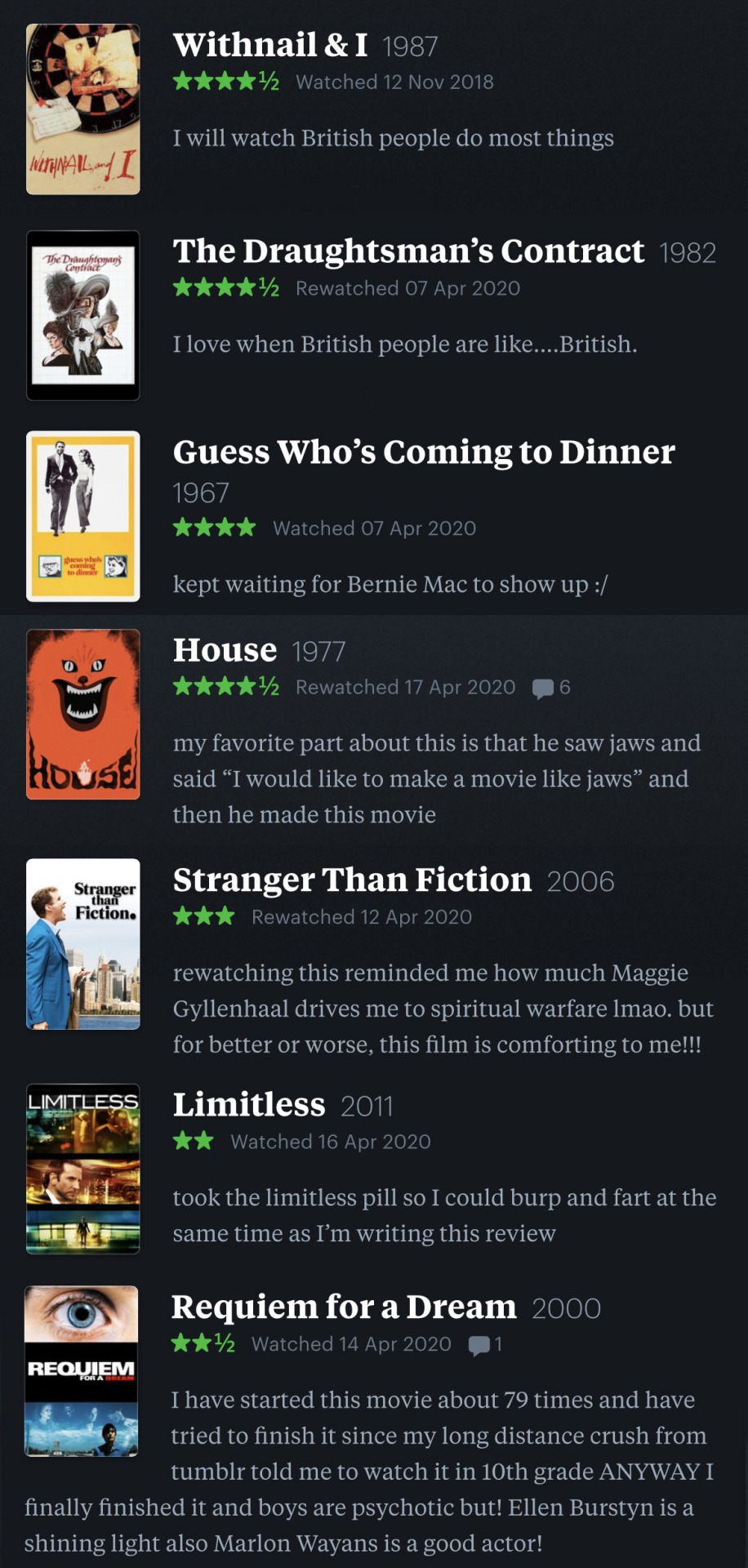

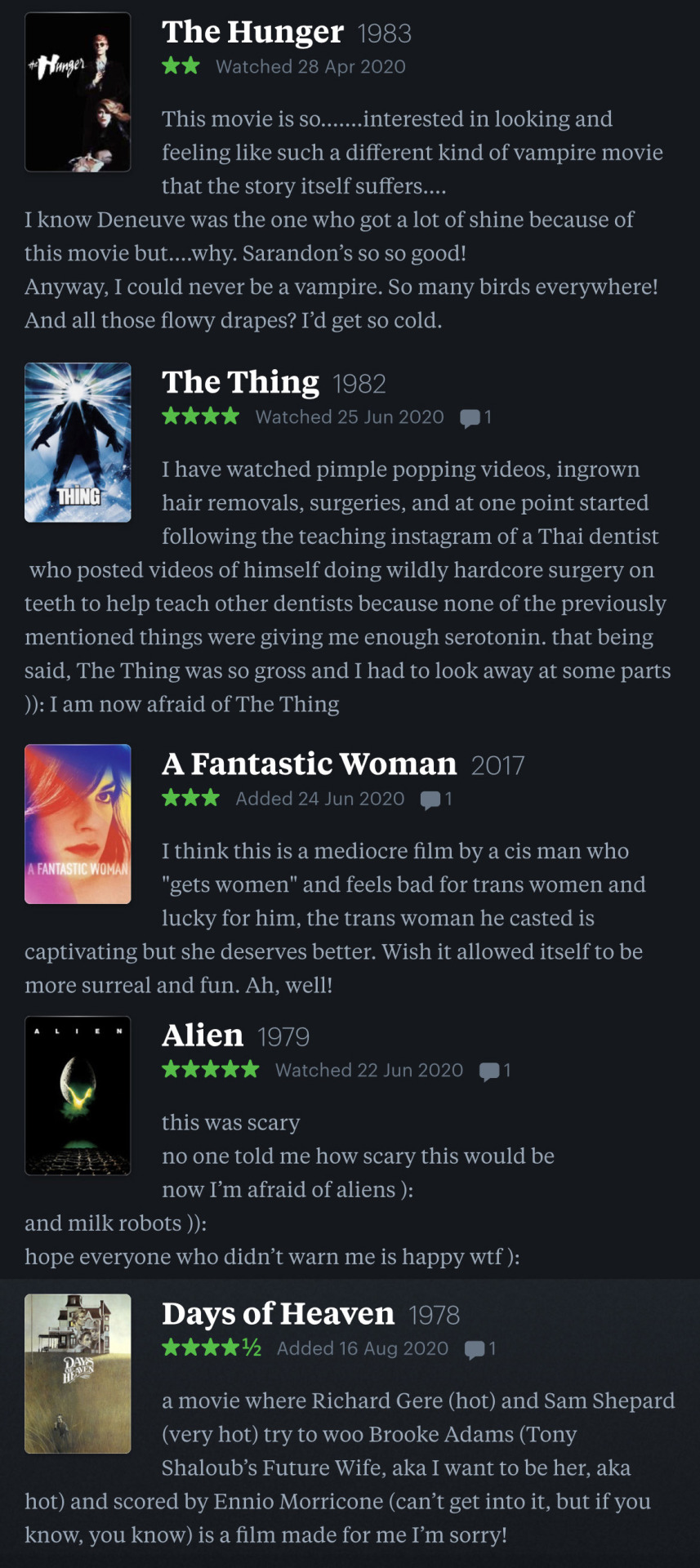
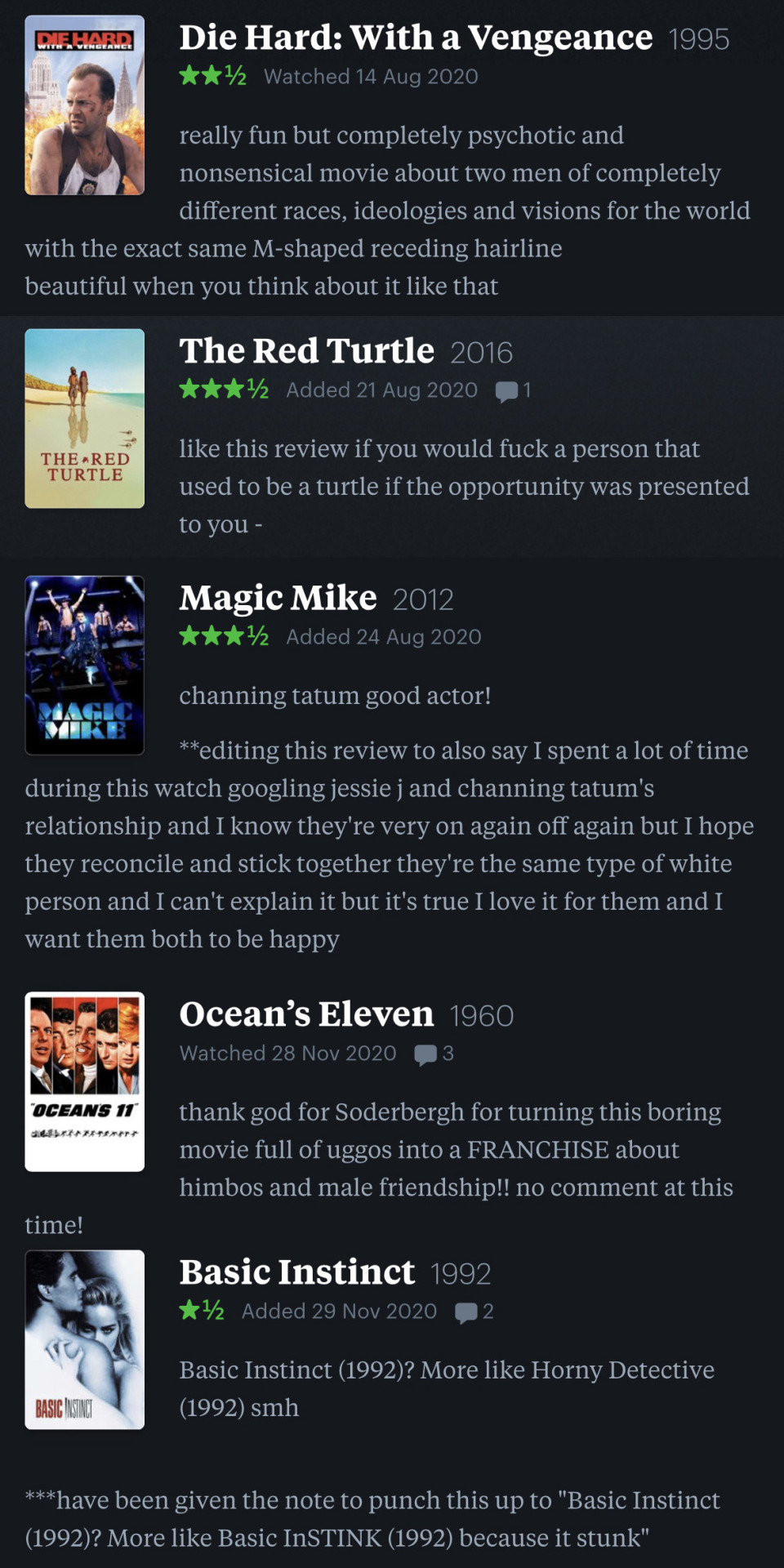
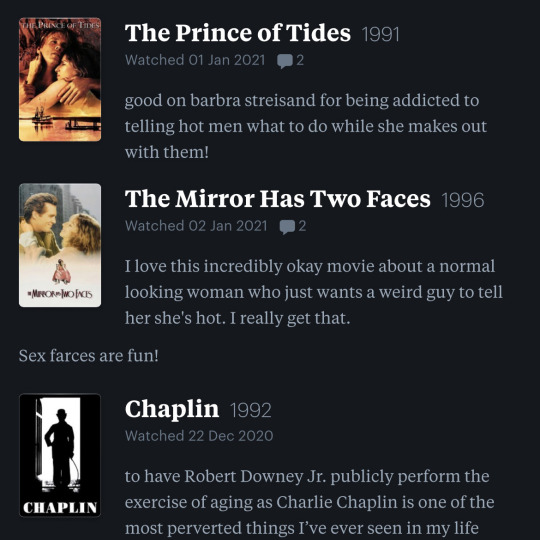

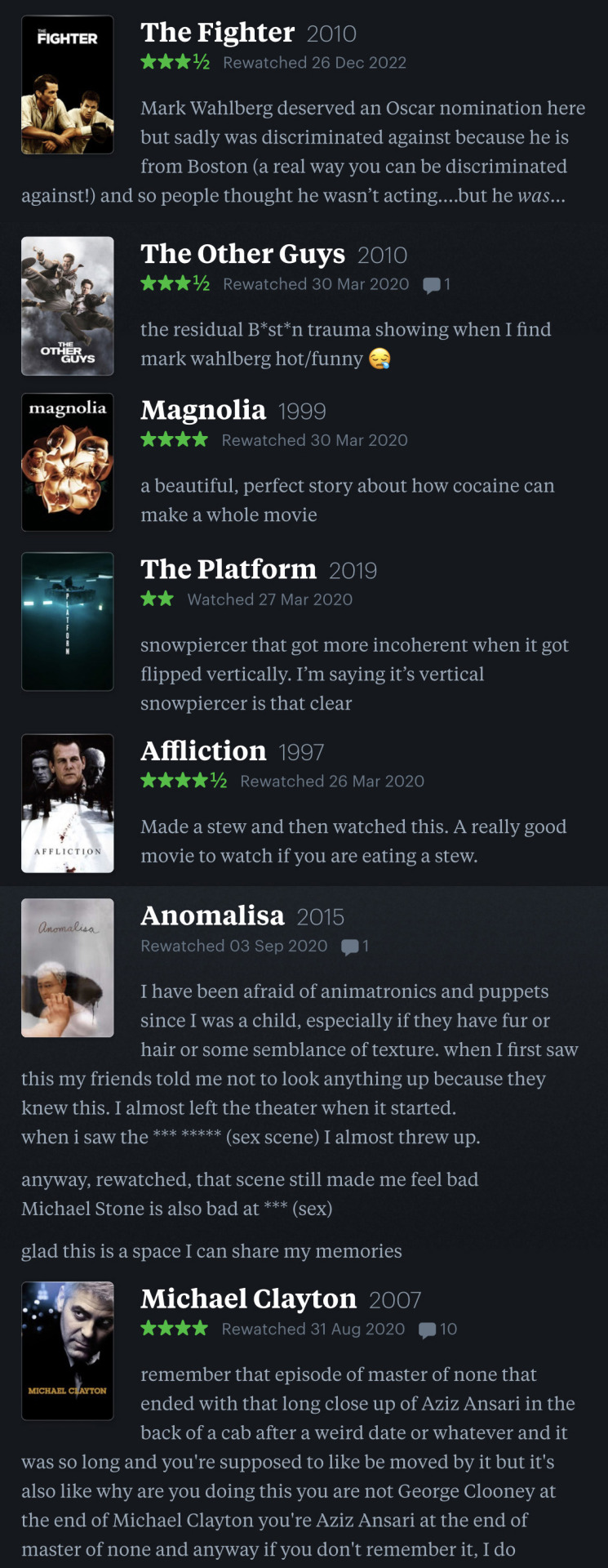
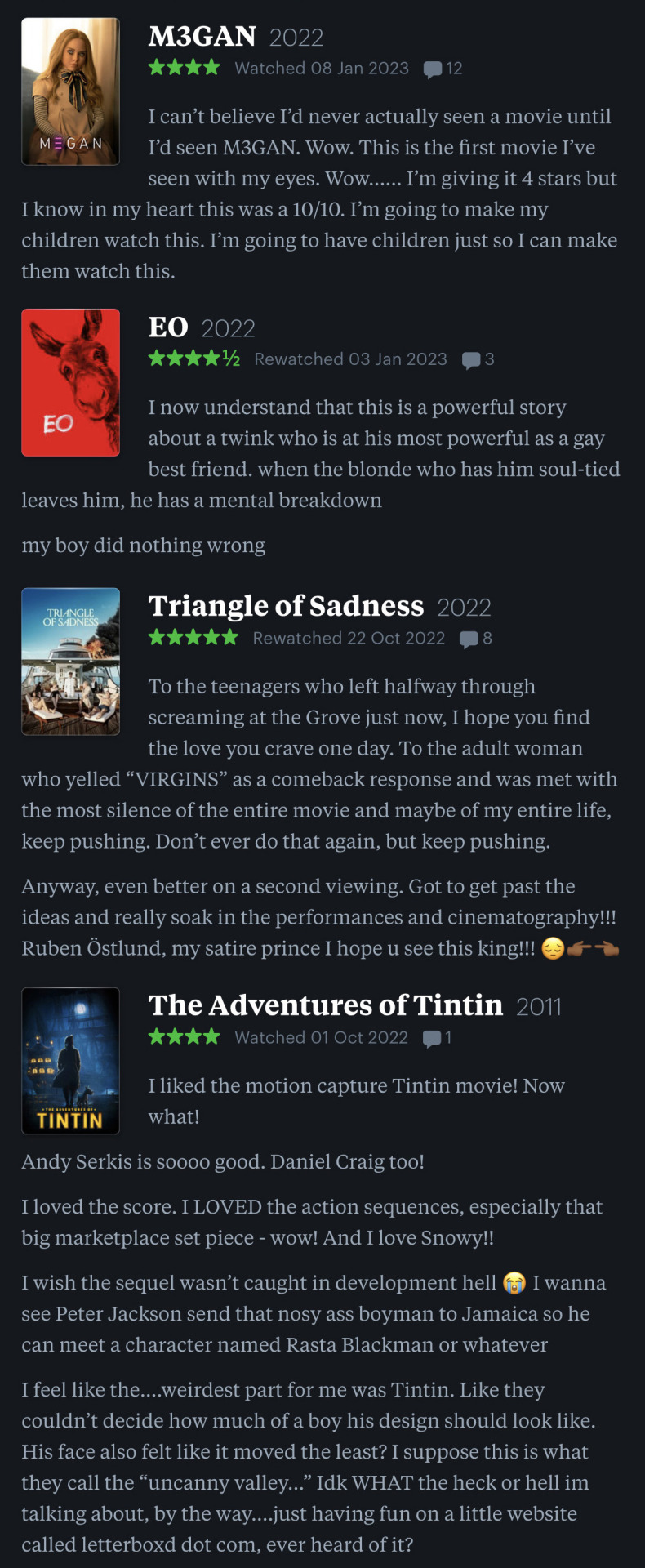

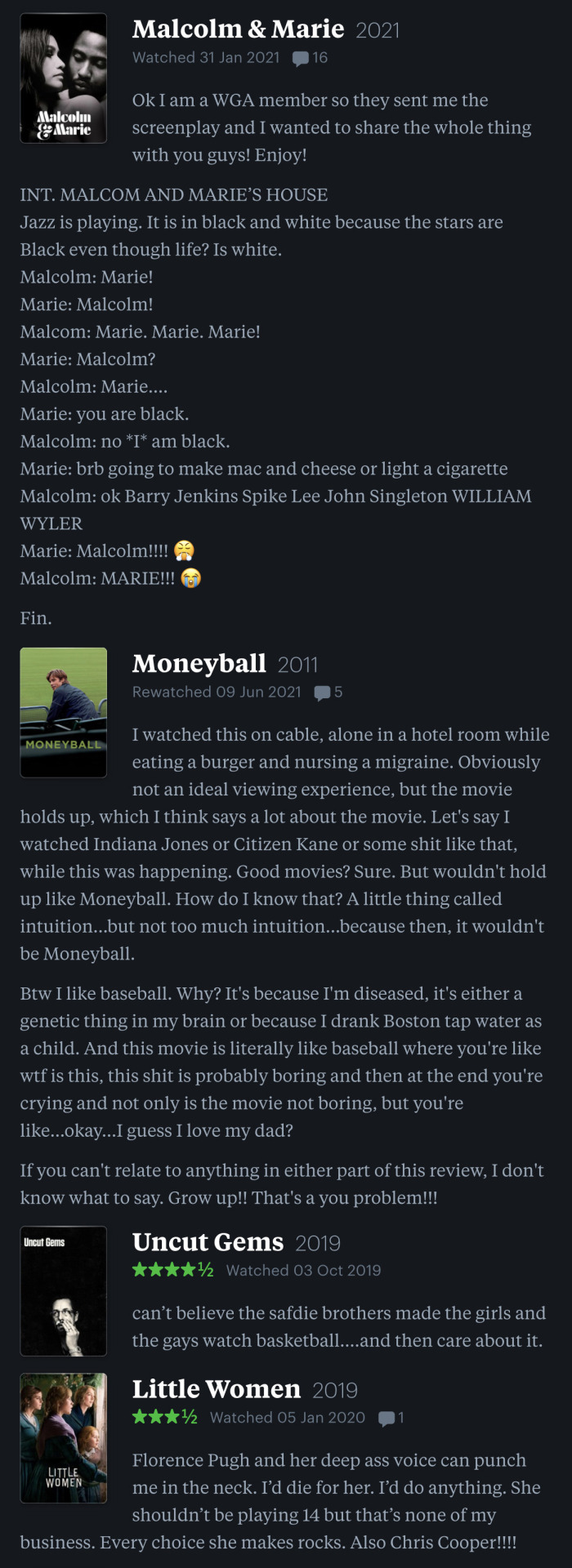
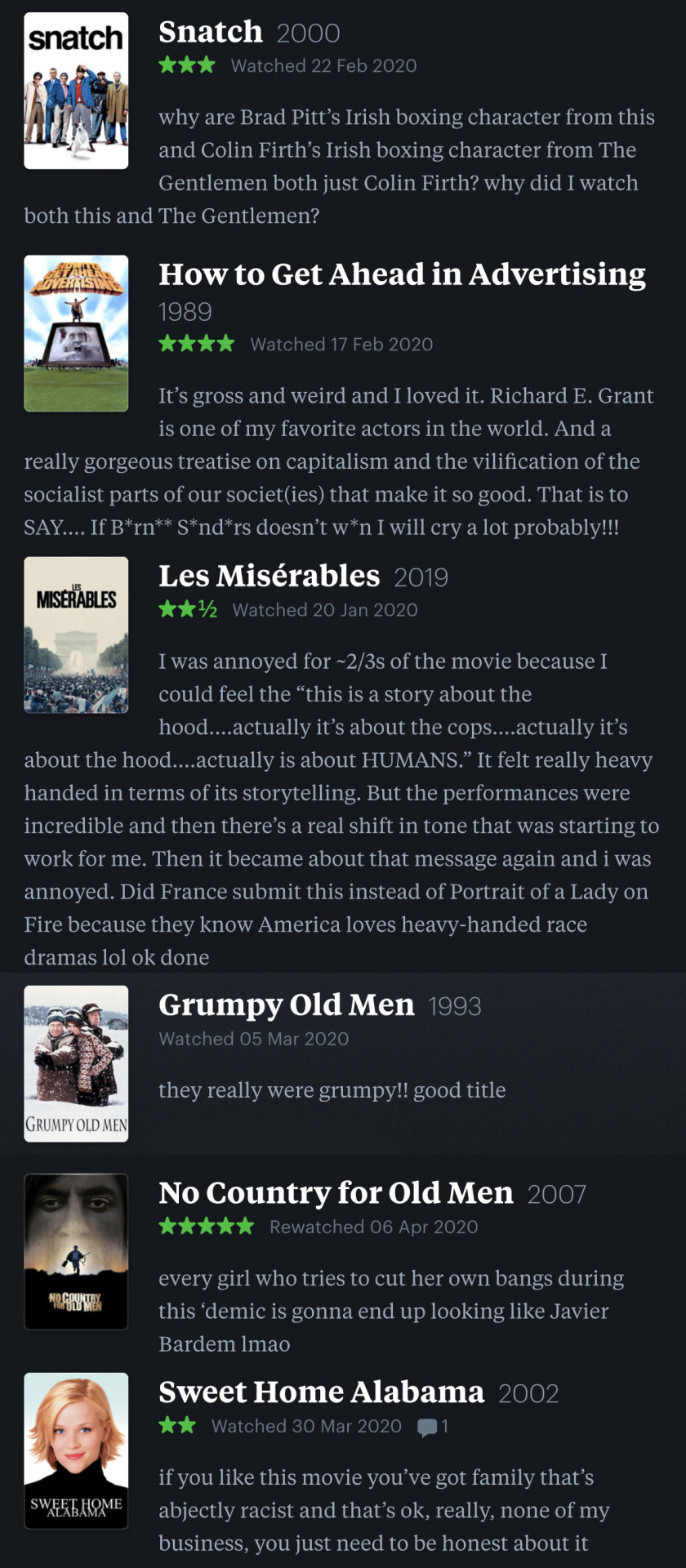
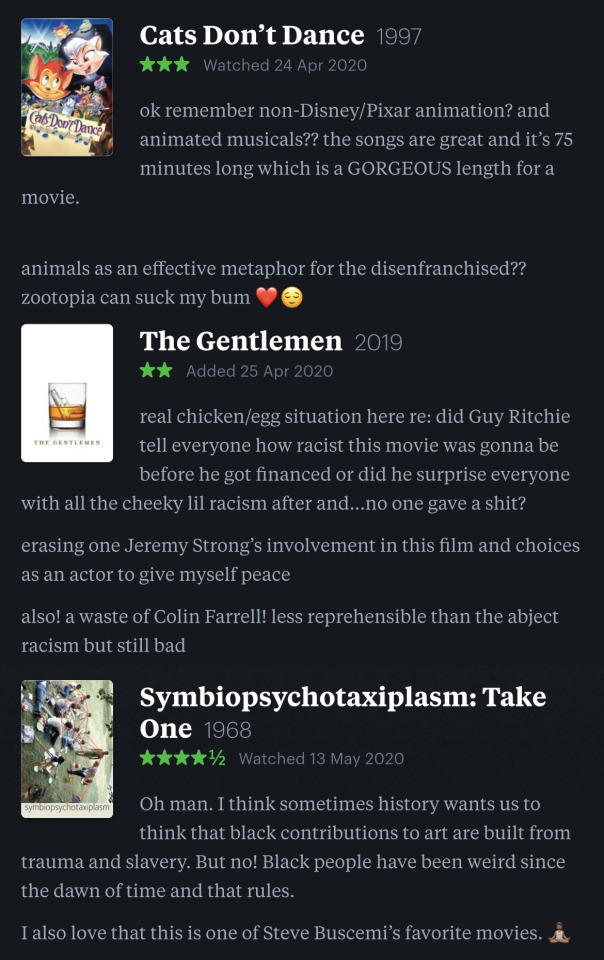
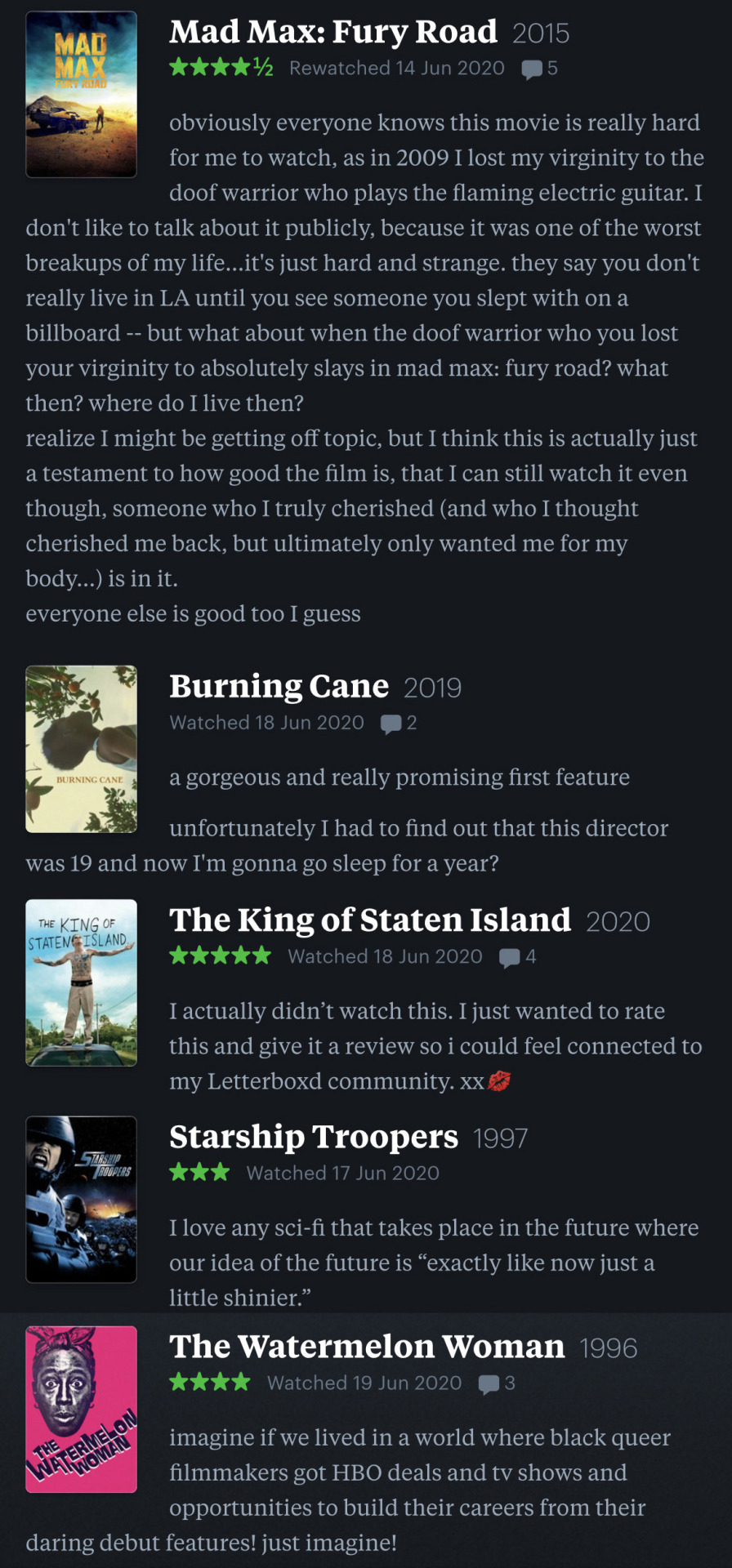
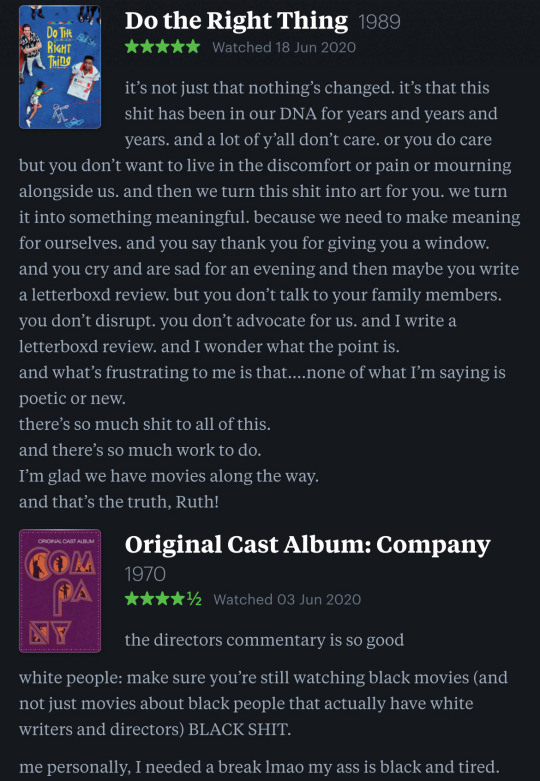
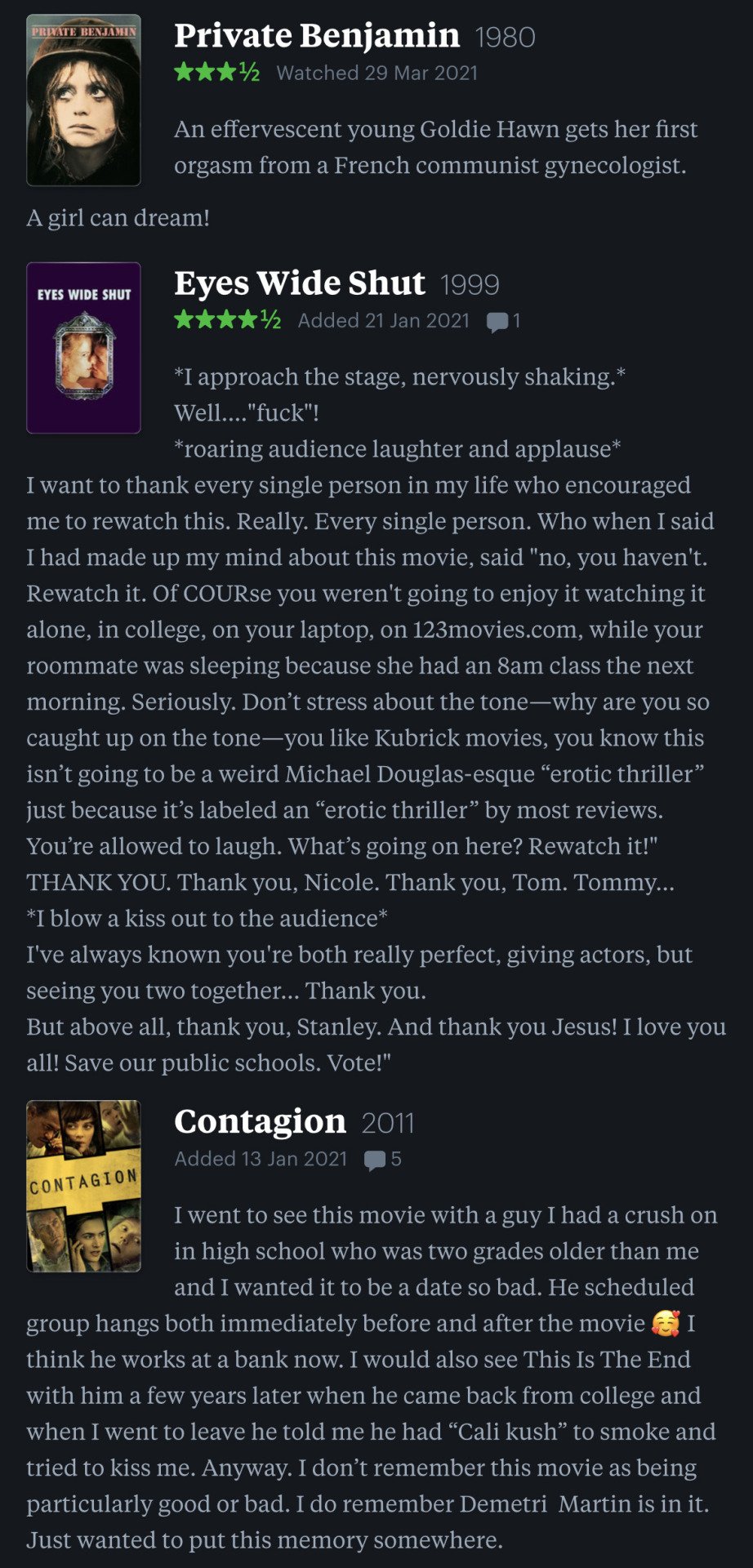

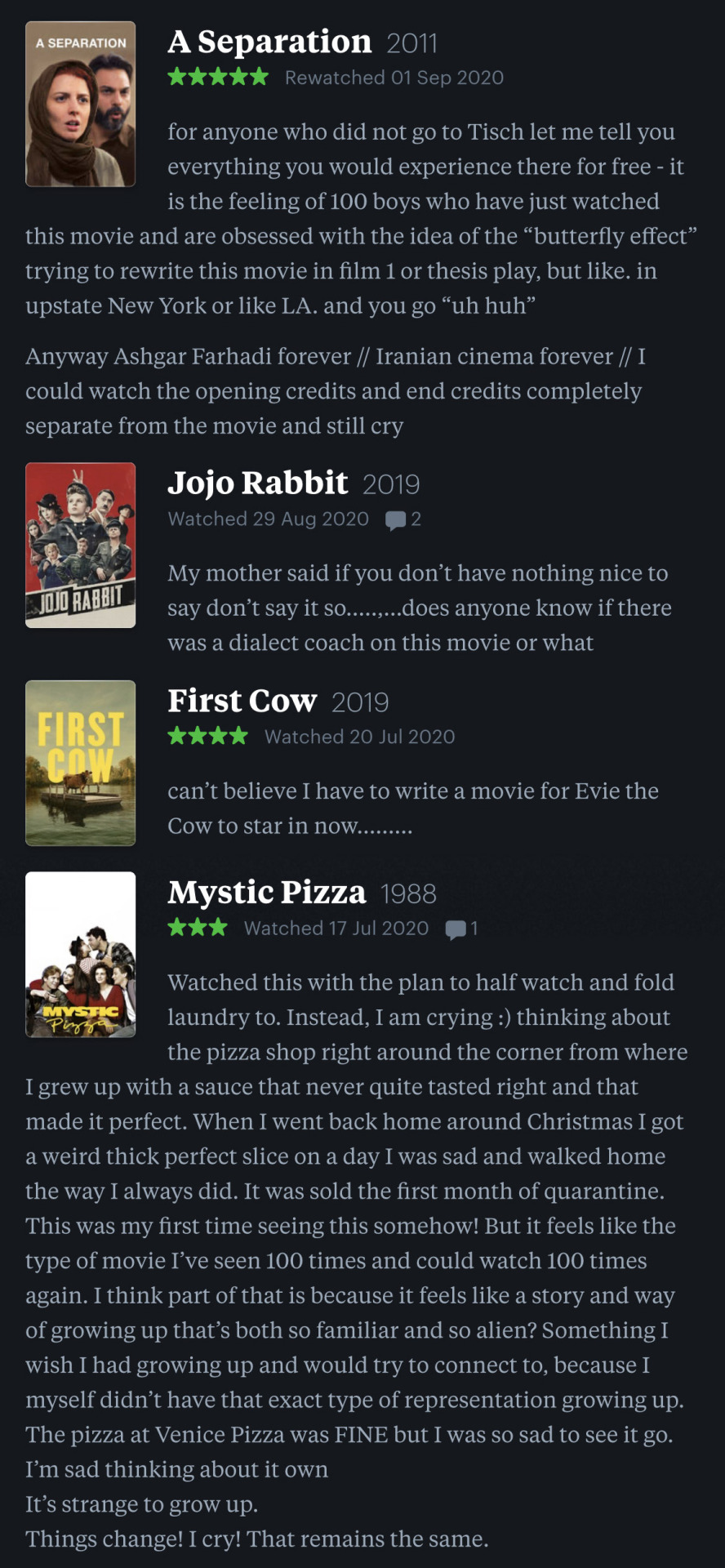
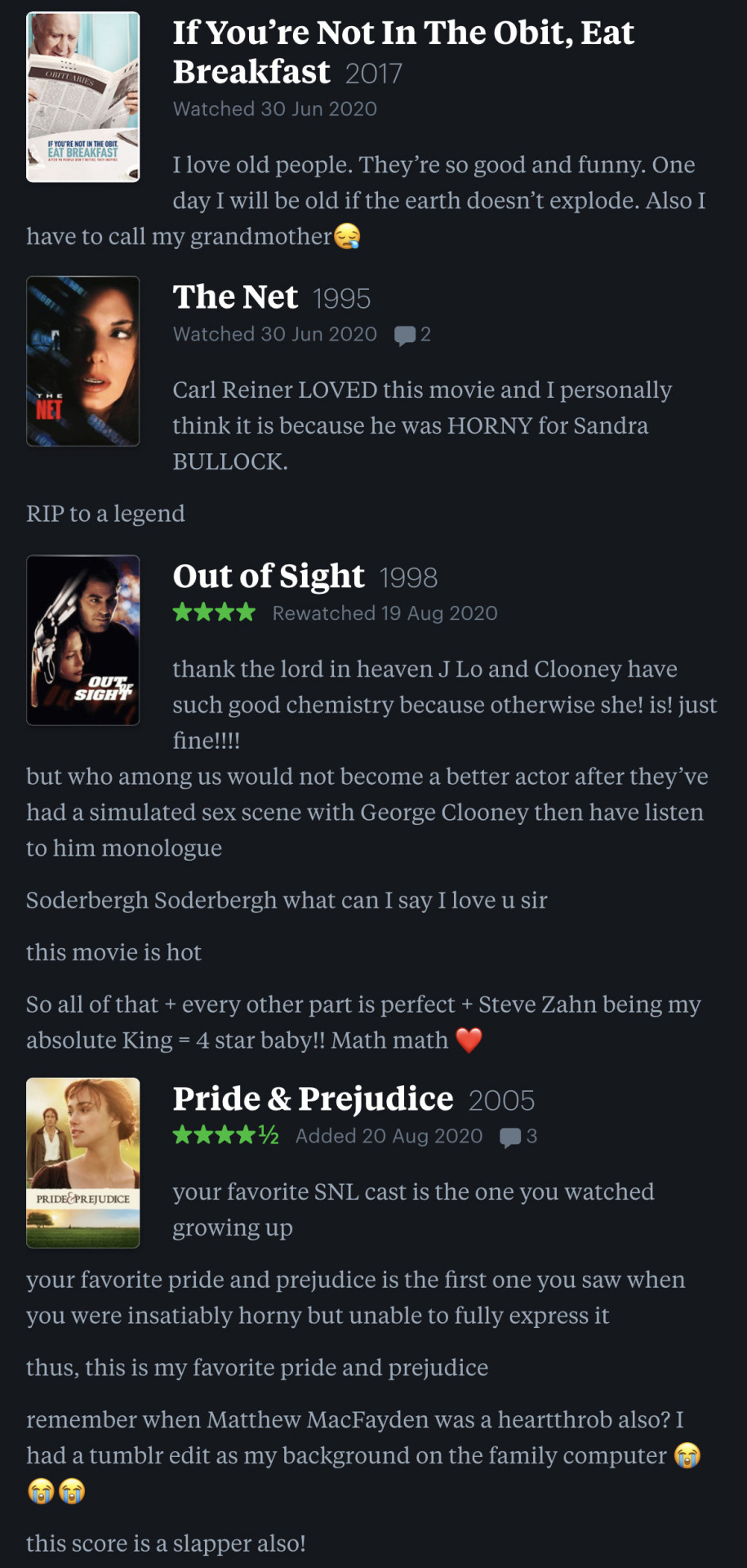
and her dad also has an account


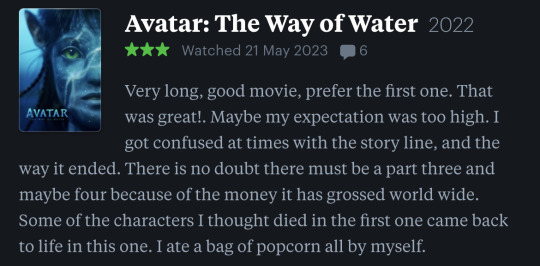

#why did i only find this out via twitter what have i been doing with my life i could have spent the pandemic going through her letterboxd#she is so funny#but some of her takes are also incisive and poignant#what a great read#ayo edebiri#the bear fx#inception#pride and prejudice#etc#films#film review#jeremy allen white#movies
14K notes
·
View notes
Text

Gale Dekarios and Shadowheart, Regency version, gossiping about Mr Lorroakan.
I am IMMENSELY late (between work and the flu I had almost zero free time), but I wanted to participate in the @janeuary-month by @firawren , so here I am!
Prompt 16, Gossip.
And perhaps this is a good time to say that Shadowheart is my absolute favourite character in Baldur's Gate 3, and I'm so glad I finally got to draw her! ❤
(Prints available in INPRNT, link in bio)
-Reference from Pride and Prejudice, 1995-
#my art#esthesia art#janeaury2025#janeuary month#fanart#art#bg3#baldur's gate 3#gale dekarios#shadowheart#regency au#AU#regency era#pride and prejudice#gale of waterdeep#gale x shadowheart#maybe?#galemancers
897 notes
·
View notes
Text


Pride & Prejudice (2005) dir. Joe Wright
#papedit#austenedit#pride and prejudice#pride and prejudice 2005#perioddramaedit#periodedit#filmedit#weloveperioddrama#perioddramasource#my gif#this was a nightmare to colour#1k
2K notes
·
View notes
Text
when taylor swift said “if you know it in one glimpse, it’s legendary, you and i go from one kiss to getting married” and when jane austen said “a lady’s imagination is very rapid; it jumps from admiration to love, from love to matrimony in a moment”
#taylor swift#ttpd#the tortured poets department#loml#jane austen#pride and prejudice#no one else likely cares about this#but i just made this connection and i’m absolutely losing my mind over it#*
990 notes
·
View notes